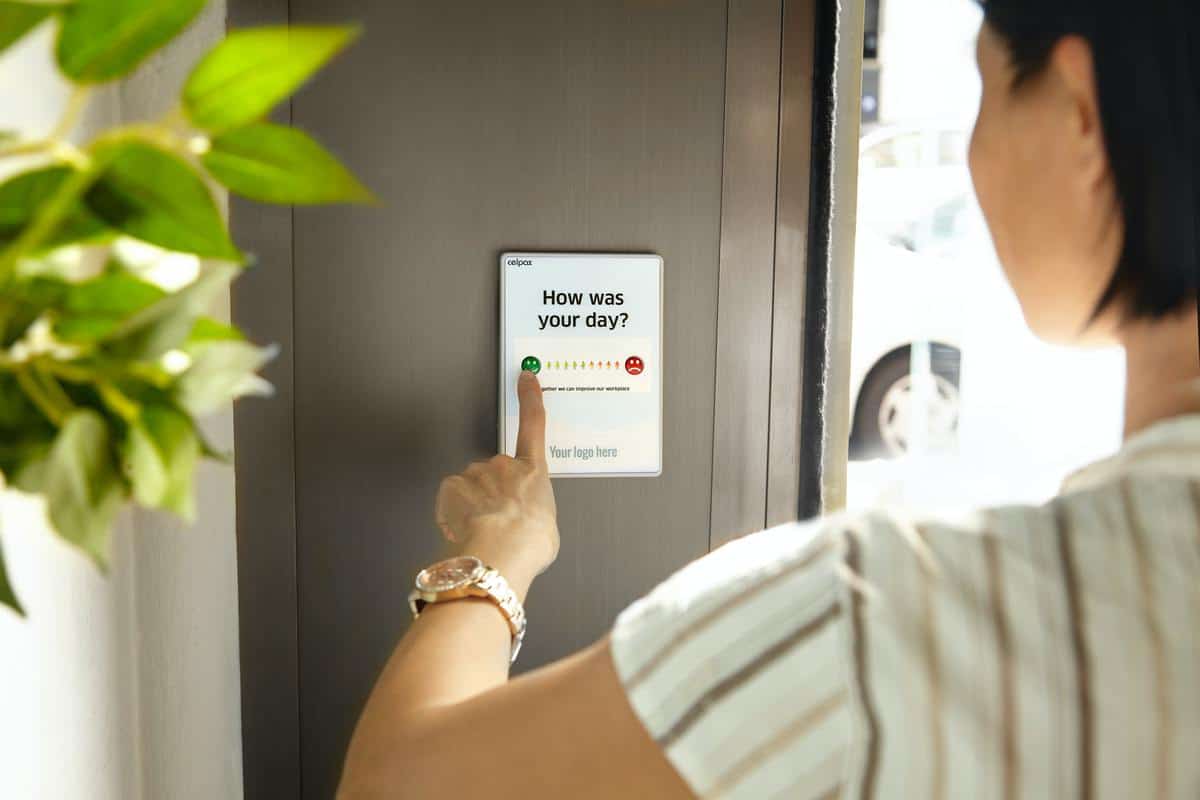Although there is consensus amongst Asia Pacific organisations regarding the importance of improving employee experience, a new Unisys survey has found a disconnect between how leaders and employees define an ideal hybrid workplace.
What drives a positive employee experience?
The Digital Workplace Insights™: Seeking Digital and Experience Parity to Support the Hybrid Workforce survey found the top three reasons business leaders gave for changing their operating model by 2022 were better employee experience (71%), employee productivity (56%) and employee safety (56%).
However, the survey revealed a difference in how leaders and employees viewed the technology and policies needed to improve the remote working experience.
Key findings include:
- When asked what technology would make remote working more productive, leaders want collaboration tools (35%), secure remote access (33%), moving applications to the cloud (33%) and virtual desktop infrastructure (32%). Employees want upgraded laptops (31%), connectivity solutions (27%) and printers or scanners for home use (26%).
- Leaders say the greatest challenges to working from home are unreliable connectivity (51%) and difficulty accessing data or systems (48%). However, most employees say there are no challenges (30%), although one in five cites non-work distractions and unreliable connectivity as issues.
- When looking at what policy changes would provide a better employee experience, leaders are focused on employee safety. They want commuter benefits to reduce the risk of exposure going to and from the workplace (33%), procedures to identify employees with symptoms (30%), extra security policies for entering facilities (31%) and self-quarantine for workers who had been exposed to COVID-19 (29%). Employees want more liberal remote work from home policies (28%), updated leave options due to COVID-19 (25%) and ways to identify if employees have COVID-19 symptoms (24%).
- Leaders and employees agree that ensuring employees are recognised for their accomplishments is the top non-salary or non-benefit criteria for making an ideal employee experience. However, having a work location and schedule conducive to family life is more important to employees than leaders.
Generational Differences
- To be more productive, Millennials want upgraded laptops while Baby Boomers want better connectivity. The technology used at work is twice as likely to make Millennials feel positive about their job or proud to work for their employer (65% globally) compared to Baby Boomers (34%). It is also important for almost half of Generation X (49%), born 1965-1980.
- Forty-seven per cent of Asia Pacific employees, and almost half of respondents globally (49%), say that the technology support they receive makes them feel good about their job or proud to work for their employer. But again, it is twice as important for Millennials (66% globally) than for Baby Boomers (32%). And it is important for half (50%) of Generation X.
Read More: What do millennials look for in their job roles?
“To create a great employee experience, employers need to understand what technology, processes and policies their people require to do their jobs effectively,” said Advisory Director at Unisys Asia Pacific, Leon Sayers. “This requires two-way conversations with their teams and a preparedness to change existing procedures. The right devices and sufficient connectivity are fundamentals for remote workers to create digital parity. However, experience parity is driven by things like equal access to IT support as well as employee recognition for their accomplishments no matter where or when they work – they don’t want to be left in a vacuum.
“They also want to tap into the flexibility of the hybrid work environment to achieve better work-life balance. But they don’t want to be lumped with extra costs to work from home. These elements help create employee experience parity and must be factored into an overall organisational change management approach to successfully move to a hybrid work environment.
“In addition, while organisations need to support the breadth of generations they currently employ, Millennials are now aged 25-40 years, accounting for a growing proportion of the workforce, and leadership roles, so their preferences about what makes an excellent employee experience must be given weight in a digital workplace strategy. This includes the quality of the devices they use, IT support they can access and the ability to work from home,” he added.
Keep up to date with Dynamic Business on LinkedIn, Twitter, Facebook and Instagram.

